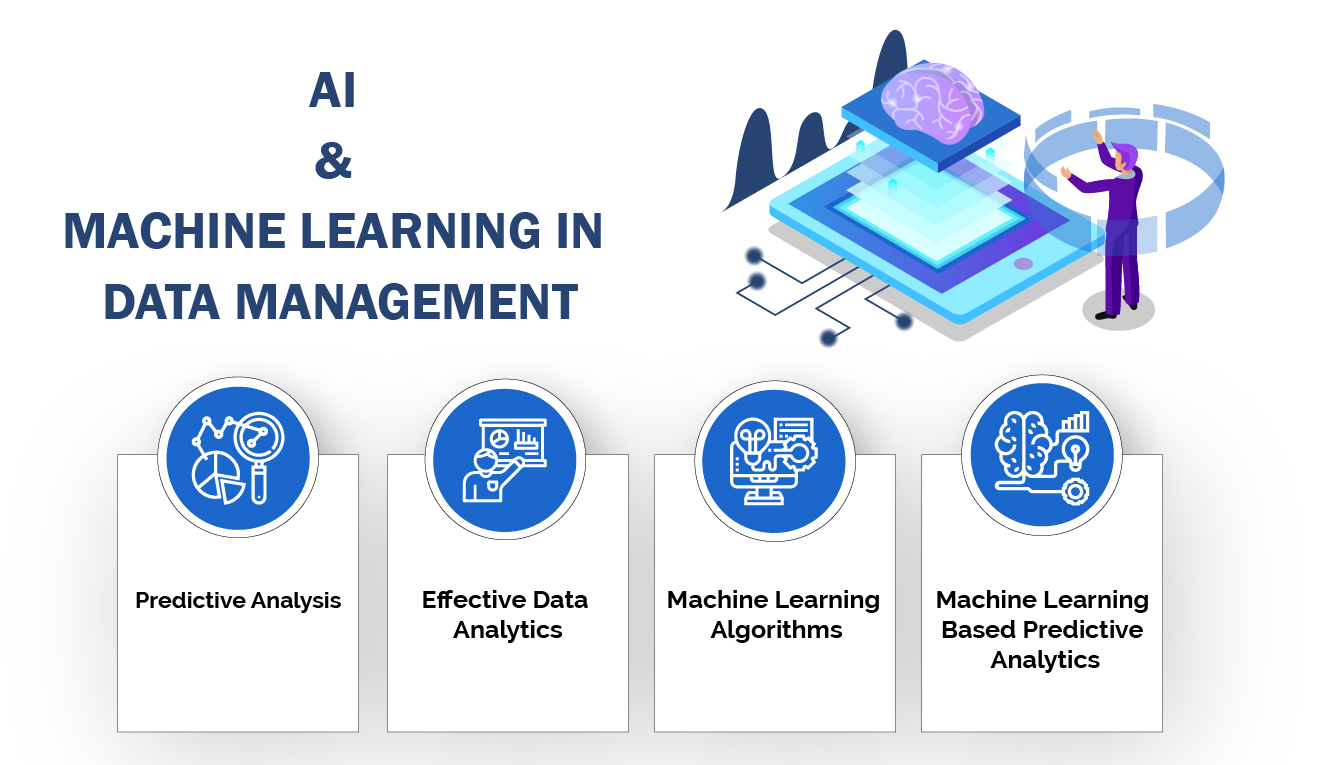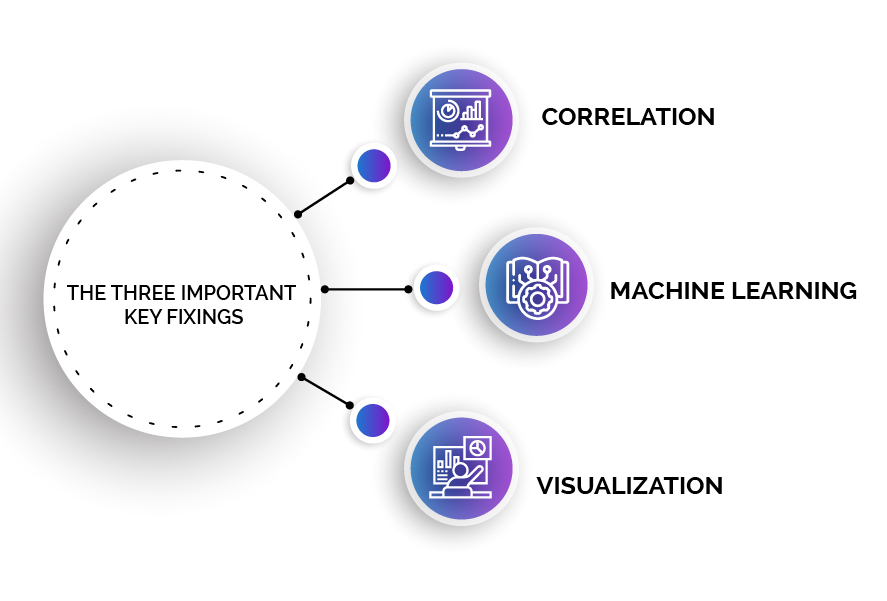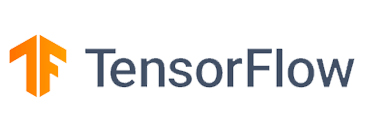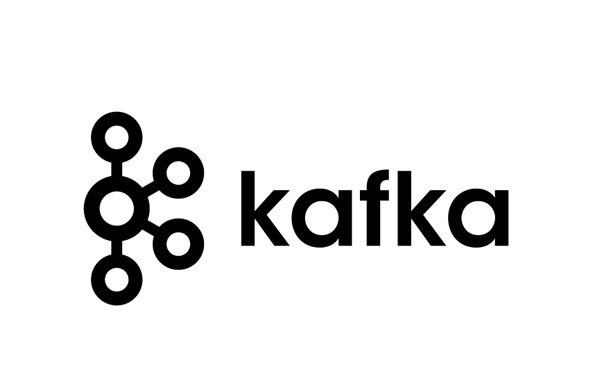How Artificial Intelligence and Machine Learning can optimize DevOps?
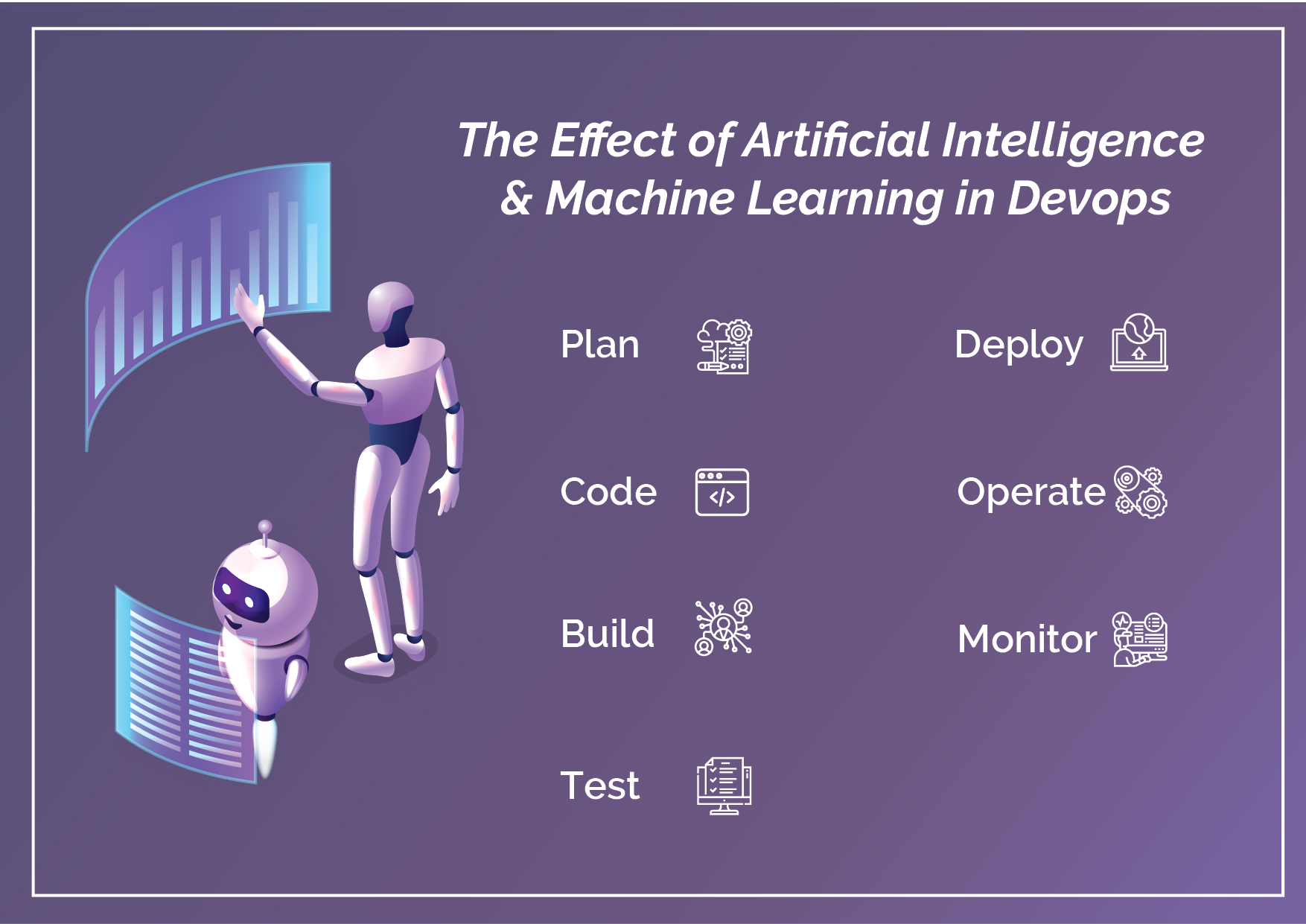
DevOps boosted by AI/ML
Seven out of ten customers use DevOps and IT Services. Vendors are under tremendous pressure to fulfill clients’ evolving needs to create a self-healing system and increase automation. Sun Technologies uses AI/ML solutions to improve the efficiency of the DevOps Pipeline. With our tried-and-tested AI Solution, we help our customers create a self-healing system, reduce time-to-market, and improve efficiency using DevOps powering it with AI/ML solutions.
In a few cases, it may be hard for some organizations to use AI and ML due to the complexities. Adapting to AI/ML solutions within DevOps is a cultural shift.
With Machine Learning, several models can be created to analyze the DevOps metrics that include:
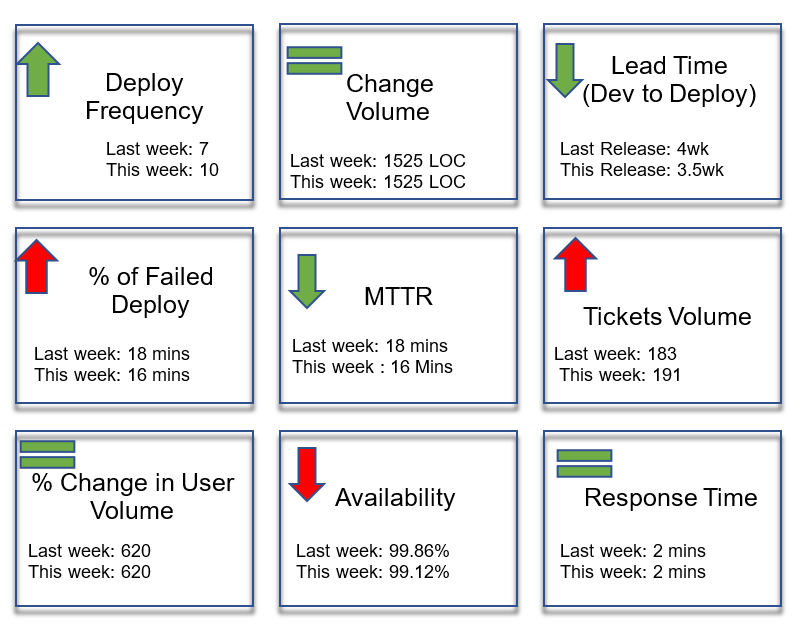
Our trained models help customers in:
- Analyze metrics
- A deep-dive analysis of repeated failure
- Executing automation sets
- Predicting failure points before the occurrence
Based on the result-sets aggregated from the model, AI helps make automated prediction-based decisions to avoid failures.
Recent research states that around 85% of C-level officials trust the AI/ML can offer considerable value concerning accuracy and decision-making, prompting improved organizational productivity.
AI/ML on each phase of DevOps
There is a wide misconception across the industry in understanding DevOps. Automation is not the entire DevOps world, but just a yield. DevOps is a cultural shift for Developers, Business Users, Infrastructure engineers, and a few other key stakeholders.
DevOps has various features that include Continuous Integration, Continues Delivery, Continuous Monitoring, Continuous Testing, and Continuous Security. AI/ML has its role in each feature sets.
Sun Technologies helps customers build a cloud-agnostic and cloud-native DevOps pipeline and improve efficiency throughput using AI/ML solutions. We bring prediction, Learning, and Automation together.
Few use-cases AI/ML within DevOps pipeline implemented by Sun Technologies includes:
- Automated Code rollback for wrong check-ins
- Automated Log analyzer to identify security threats such as intrusion, DDoS, DoS
- Self-Healing Web-Application System
- Alerting mechanism for potential (Futuristic Failures)
- Chatbot / Voice Automated Deploy Assistant
- DevOps Advisor suggesting automation of repeatable tasks
DevOps optimization using AI/ML
- The three well-defined capabilities AI brings are prediction, self-learning, and automation
- AI and ML dispatch data with self-learning capabilities, making AI and ML techniques exceptionally advantageous if imbibed into the DevOps Pipelines
- During SDLC, AI/ML can monitor and track production performance to which the end-user experience is being labeled by simulating different possible scenarios
- With AI/ML incorporated into the DevOps process, the DevOps teams can know how the code is performing
- AI allows managing the growing volumes of data in DevOps environments
- With Chatbot/Voice assisted DevOps, Developers can check-in the code and make deployments with a single command
Tangible benefits
- Faster Time to Market using DevOps while AI/ML boosting it further to make it more efficient
- Proactive decision making than reactive
- Satisfied Business users
- Low/No human intervention
- Realistic Instant RoI
- Adaptable and Maintainable DevOps pipeline
- Huge Time Savings
- Increased Efficiency
Conclusion
Enterprises can apply AI and ML to enhance their DevOps condition. AI can help predict complex data pipelines and make models that can enhance the application development process. However, implementing AI and ML for DevOps likewise exhibits various difficulties for enterprises.
Organizations envisioning DevOps have to set up a well-defined DevOps roadmap before full-fledged implementation. When the establishment is made, AI/ML should be viewed only as a booster to increase efficiency and effectiveness. AI/ML helps DevOps teams to concentrate on inventiveness and innovation by taking out negative aspects over the operational life cycle. It brings about automated improvement and expansion in the DevOps team’s effectiveness.

Vaidyanathan Ganesa Sankaran
Vaidy is an experienced lead Solutions Architect heading sales and project delivery for Cloud (AWS, Azure), DevOps and legacy Modernization projects with a demonstrated history of working in the information technology and services industry. He is a strong engineering professional with a Master of Science (MS) focused in Computer Software Engineering from BITS Pilani. He has the capability to manage bigger teams and generate revenue through new Sales and Account Mining.






